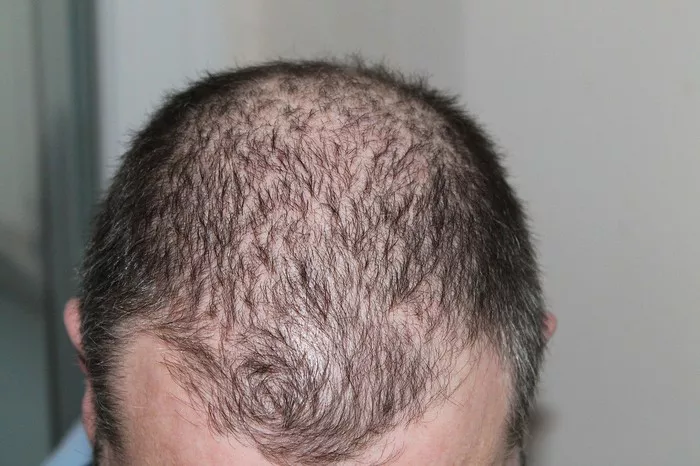Alopecia areata is a challenging condition that can have a significant impact on one’s self-esteem and overall well-being. If you or someone you know is dealing with alopecia areata, you’re not alone. This article will provide you with valuable insights and strategies on how to slow down alopecia areata and regain confidence in your appearance. We’ll delve into the causes, treatments, and lifestyle changes that can make a difference.
Understanding Alopecia Areata
Alopecia areata is an autoimmune disorder characterized by sudden and often unpredictable hair loss in localized areas of the body, most commonly the scalp. The exact cause remains unclear, but it is believed to involve a combination of genetic predisposition and environmental triggers. In this condition, the body’s immune system mistakenly attacks healthy hair follicles, leading to their temporary or sometimes permanent loss. The emotional impact of alopecia areata can be significant, affecting self-esteem and confidence. Effective treatments, such as corticosteroids, topical immunotherapy, and platelet-rich plasma therapy, can help manage the condition, but a comprehensive understanding of its causes and triggers is essential for individuals seeking to slow its progression.
See Also: 6 Ways to Prevent & Reverse Hair Loss from Crown: A Full Guide
Causes of Alopecia Areata
Alopecia areata occurs when the immune system mistakenly attacks hair follicles, leading to hair loss. This autoimmune response can be triggered by various factors, including:
1. Genetics:
Family history plays a significant role in the development of alopecia areata. If you have a close relative with the condition, you may be at a higher risk.
2. Stress:
High levels of stress or traumatic events can trigger or exacerbate alopecia areata.
3. Infections:
Certain infections may provoke an immune response that affects hair follicles.
Effective Treatments for Alopecia Areata
While there is no cure for alopecia areata, several treatments can help slow down hair loss and stimulate regrowth. It’s essential to consult with a dermatologist to determine the best approach for your specific case. Common treatments include:
1. Corticosteroids:
Topical or injected corticosteroids can reduce inflammation and suppress the immune response in affected areas.
2. Topical Immunotherapy:
This treatment involves applying a chemical to the affected area to provoke an allergic reaction, stimulating hair regrowth.
3. Platelet-Rich Plasma (PRP) Therapy:
PRP therapy uses your blood’s plasma to stimulate hair follicles and promote regrowth.
4. Hair Transplantation:
In severe cases, hair transplantation can be an option to transplant hair follicles from unaffected areas to the affected ones.
Lifestyle Changes for Managing Alopecia Areata
In addition to medical treatments, making certain lifestyle changes can help manage alopecia areata and improve your overall well-being:
1. Stress Management
Stress can exacerbate alopecia areata, so practicing stress management techniques such as yoga, meditation, and deep breathing exercises can be beneficial.
2. Healthy Diet
A balanced diet rich in vitamins and minerals, especially those that support hair health, can make a difference. Consider incorporating foods like spinach, nuts, and eggs into your meals.
3. Scalp Care
Gentle scalp care is essential. Avoid harsh chemicals and use mild shampoos and conditioners. Be gentle when brushing or styling your hair to prevent further damage.
4. Support Groups
Joining a support group or seeking therapy can help you cope with the emotional aspects of alopecia areata and connect with others who are facing similar challenges.
5. Wigs and Hairpieces
Wearing wigs or hairpieces can provide a temporary solution while you explore other treatment options or wait for regrowth.
Conclusion
Alopecia areata can be a challenging condition to deal with, but with the right strategies and treatments, you can slow down its progression and regain your confidence. Understanding the causes, exploring effective treatments, and making lifestyle changes are crucial steps in managing alopecia areata. Remember, it’s essential to consult with a healthcare professional for personalized guidance on your journey to slowing down alopecia areata and regaining a fuller head of hair.


